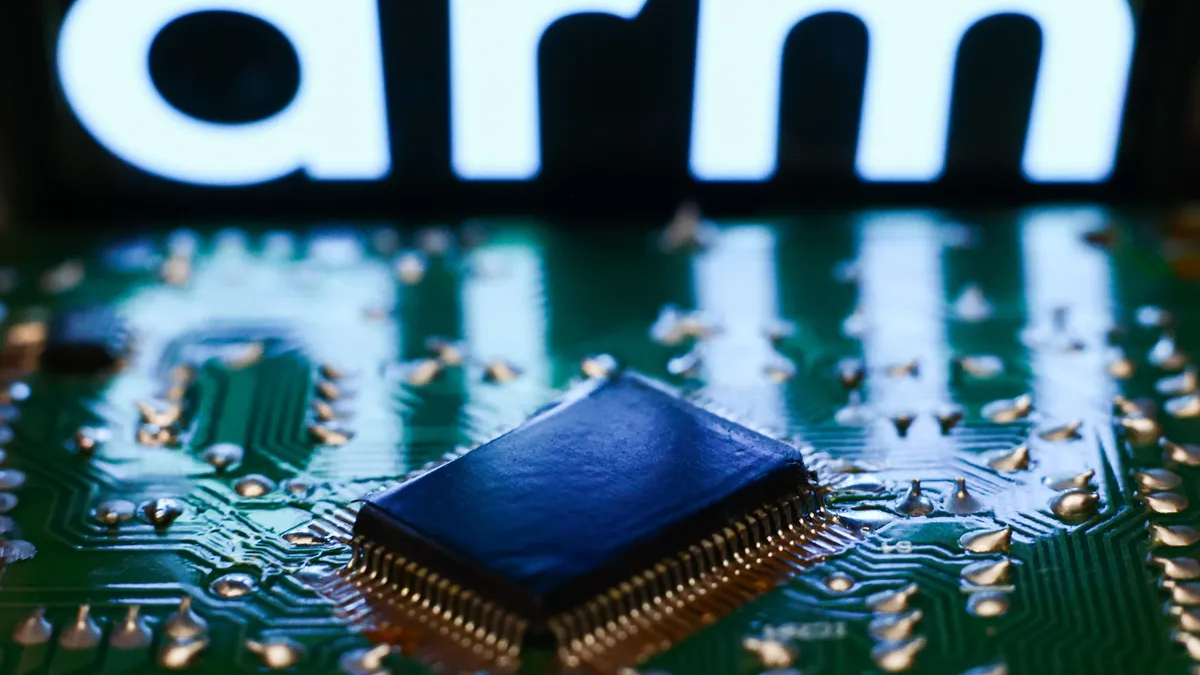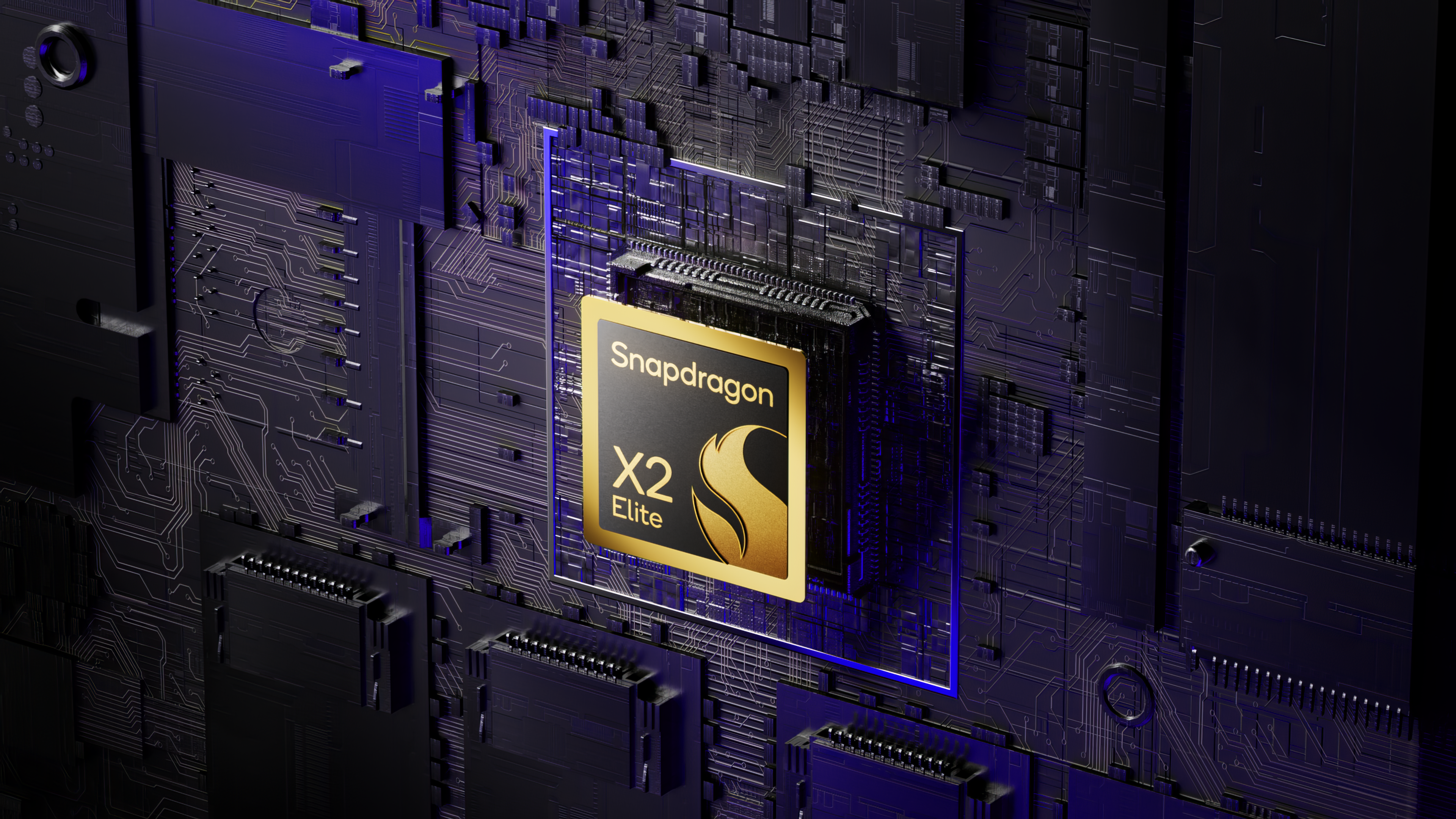Korea's Fair Trade Commission reportedly raids Arm's Seoul office amid Qualcomm licensing dispute — stems from allegations of unfair market practices
The raid is purportedly tied to Qualcomm's allegations of unfair market practices by Arm.

Korea's Fair Trade Commission (KFTC) has carried out an on-site investigation of Arm's office in Seoul, according to a report published by The Korea Times. The article cites unnamed sources — which is standard practice for the publication — and says the raid is tied to allegations of unfair market practices involving Arm's long-running licensing dispute with Qualcomm. The KFTC declined to comment on the report.
According to the report, the investigation focuses on whether Arm has improperly limited access to its chip-architecture technologies after years of maintaining a more open and widely accessible licensing model. The inquiry reportedly stems from a complaint Qualcomm filed in March with antitrust authorities in Korea, the United States, the European Union, and other jurisdictions. Qualcomm alleges that Arm restricted it from continuing to use licenses originally held by Nuvia, the custom-CPU startup Qualcomm acquired in 2021 that is responsible for the design of its powerful Snapdragon X Elite processors and their soon-to-be-released successors.
The licensing battle between the two companies has been underway for more than three years. It began when Arm terminated Nuvia's Architecture License Agreement (ALA) shortly after the acquisition, arguing that Qualcomm needed to renegotiate the license to continue using Nuvia's custom-core designs. Qualcomm countered that its own longstanding Arm architecture license allowed it to develop and use the Nuvia technology without any new agreement.
In September, Qualcomm won a decisive victory in U.S. federal court. The judge affirmed a jury finding that Qualcomm's use of Nuvia-derived technology was covered under its existing Arm license and rejected Arm's remaining claims, shutting down Arm's attempt to block Qualcomm from using the designs. Arm has said it intends to appeal the ruling, but legal wins do not resolve the broader commercial and regulatory tensions around Arm's licensing practices.
Qualcomm itself filed a separate lawsuit against Arm earlier this year, accusing the company of withholding required technical deliverables, interfering with Qualcomm's customer relationships, and attempting to shift its business model in ways that disadvantage existing licensees. In that suit, Qualcomm argues that Arm's recent conduct represents a departure from its traditional role as a neutral technology supplier.
Regulators appear to be paying attention. Korea is home to several major Arm licensees — including Samsung, both a rival and a large partner for Qualcomm — and the country's antitrust authorities have a history of aggressive enforcement in cases involving global technology suppliers. An on-site inspection typically signals that regulators have found the complaint credible enough to warrant closer scrutiny, though it does not indicate any preliminary finding of wrongdoing.
Whether the KFTC probe will broaden into a deeper multinational regulatory investigation remains unclear, and Arm has not yet issued public comment on the Korea Times report. Qualcomm, for its part, has been escalating its complaints worldwide following the court victory, seeking to frame Arm's behavior as a systemic issue rather than a contractual dispute limited to Nuvia's chips.
Get Tom's Hardware's best news and in-depth reviews, straight to your inbox.
For now, the Korea Times report adds only one concrete data point: Korean regulators are taking at least an initial look. With Arm's appeal pending in the U.S., Qualcomm's countersuit still underway, and multiple antitrust agencies reviewing the allegations, the global fight over Arm's licensing model isn't close to finished. As more filings surface and regulators weigh in, the full scope of the conflict as well as its implications for the broader Arm ecosystem will become clearer in the months ahead.

Follow Tom's Hardware on Google News, or add us as a preferred source, to get our latest news, analysis, & reviews in your feeds.

Zak is a freelance contributor to Tom's Hardware with decades of PC benchmarking experience who has also written for HotHardware and The Tech Report. A modern-day Renaissance man, he may not be an expert on anything, but he knows just a little about nearly everything.
